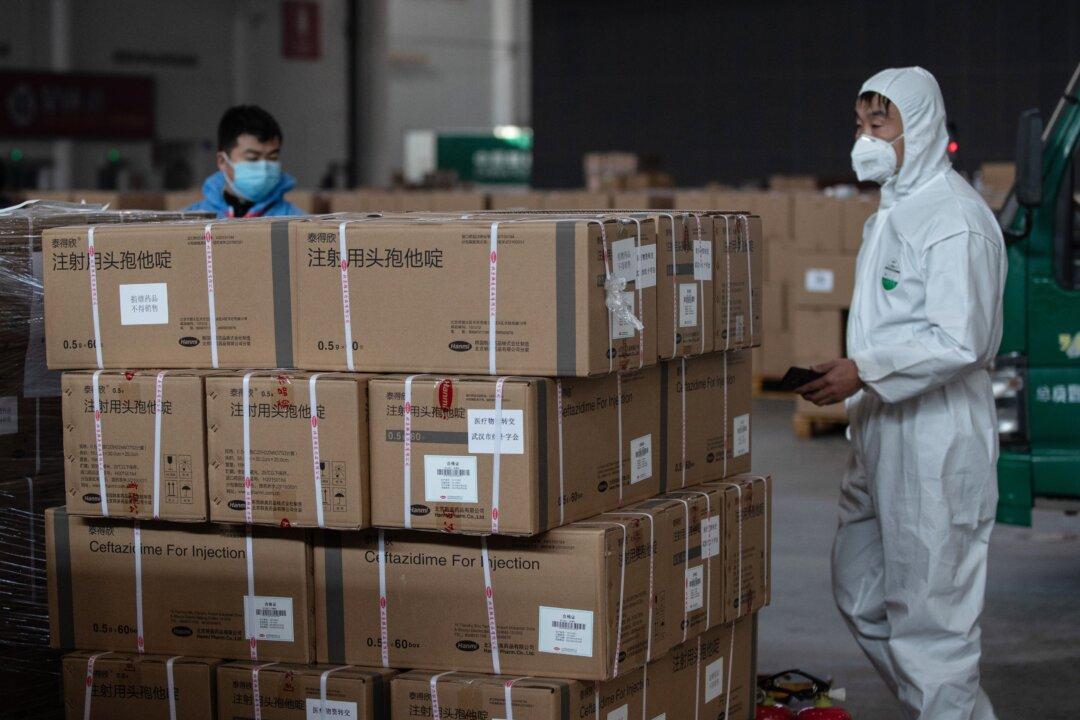A lawsuit filed in Missouri accusing the Chinese Communist Party (CCP) of hoarding masks and other protective gear during the COVID-19 crisis has been given the green light to proceed by federal judges.
Former Missouri Attorney General Eric Schmitt filed the 2020 lawsuit claiming that Chinese authorities’ actions led to harsh effects and deaths in his state. However, a court tossed the case out in 2022 because the Foreign Sovereign Immunities Act prohibits a sovereign foreign entity from being sued in American courts. The United States Eighth District Court of Appeals panel upheld that decision in a recent Jan. 10 ruling but with one key difference.





